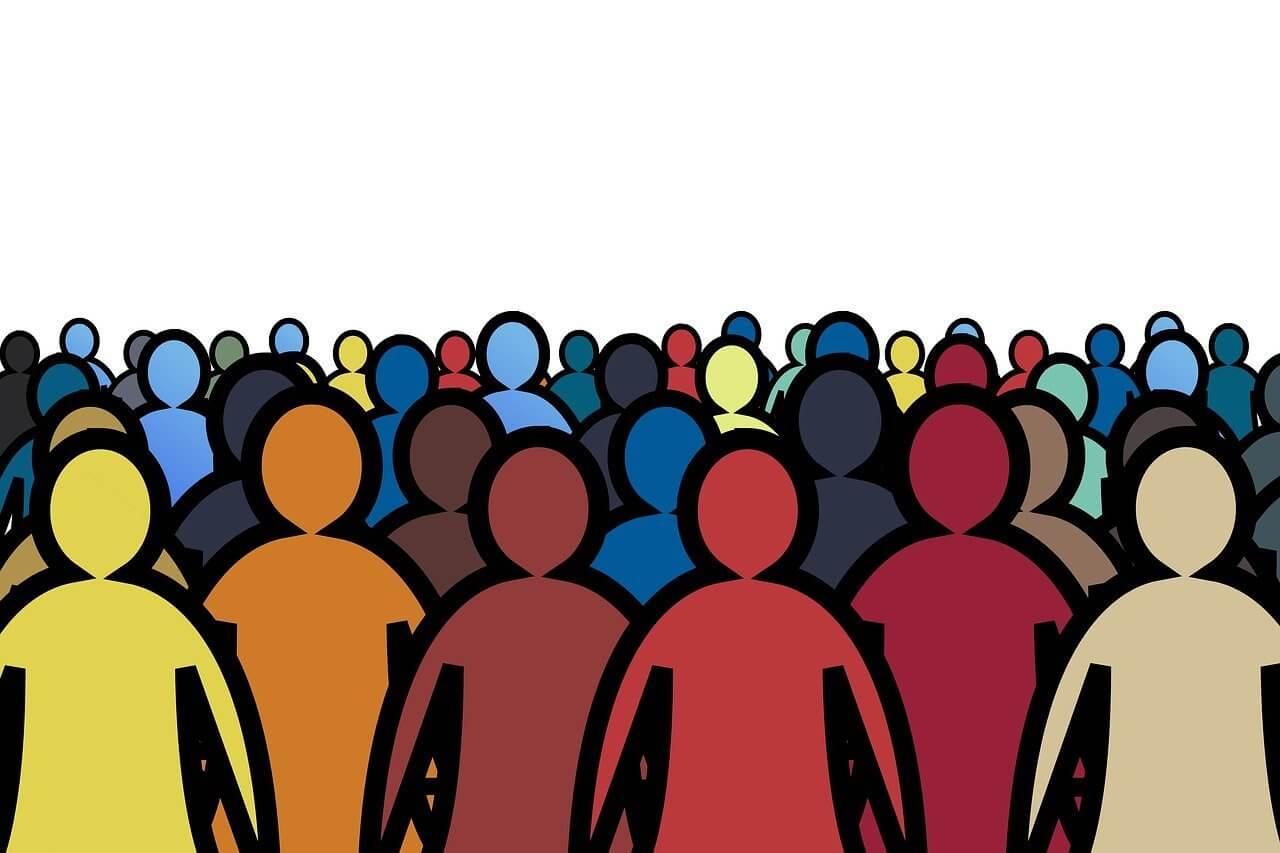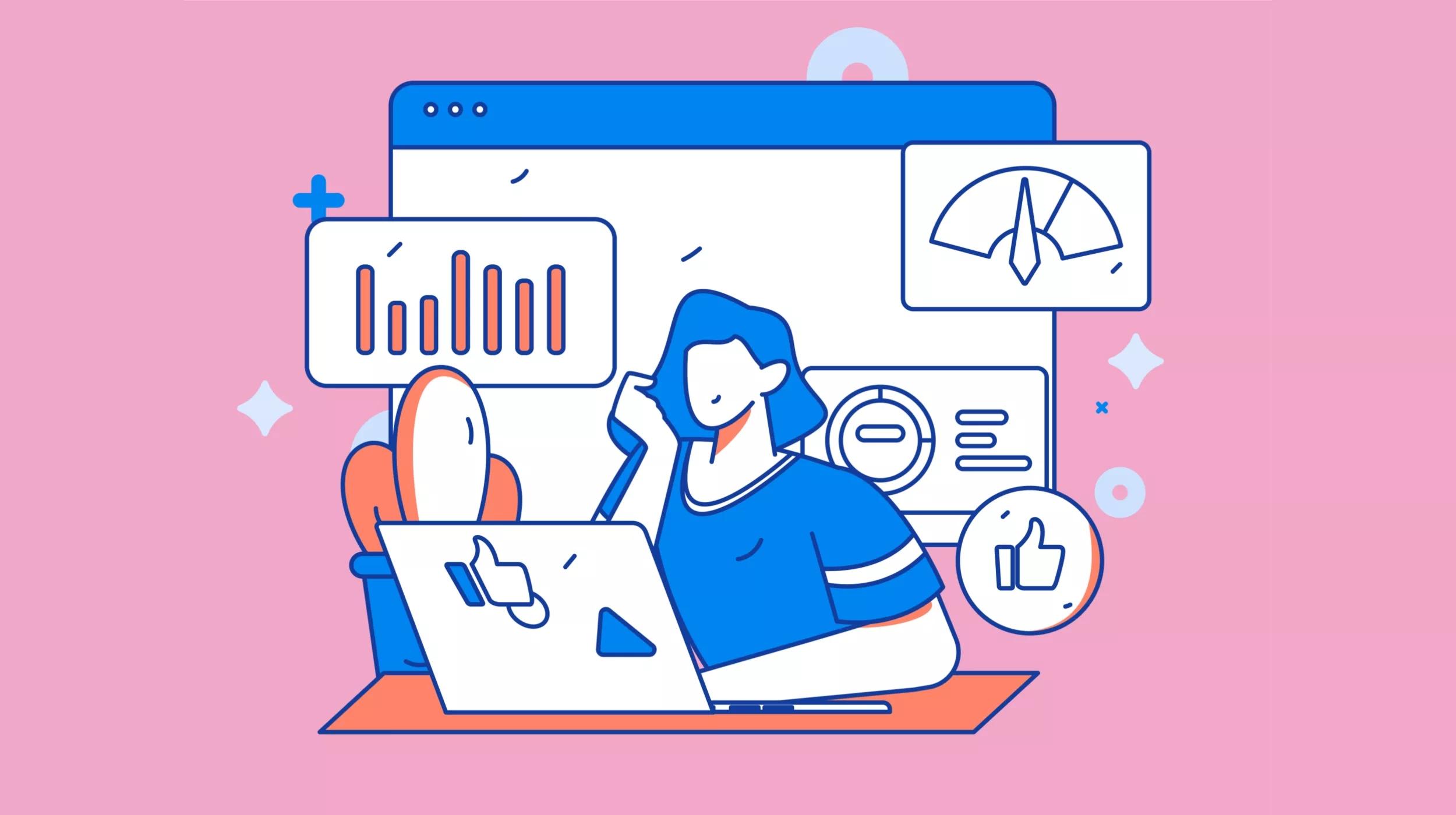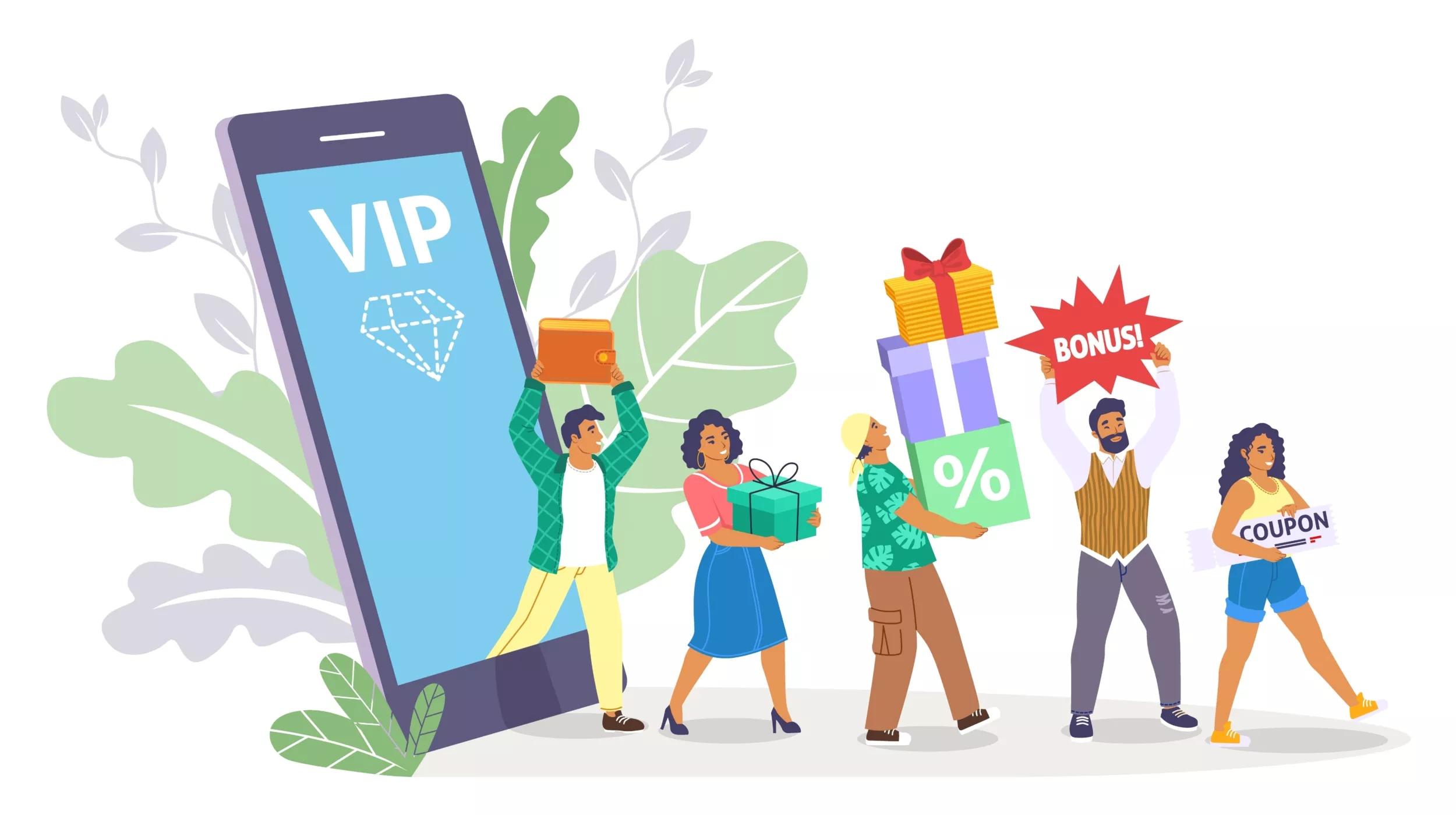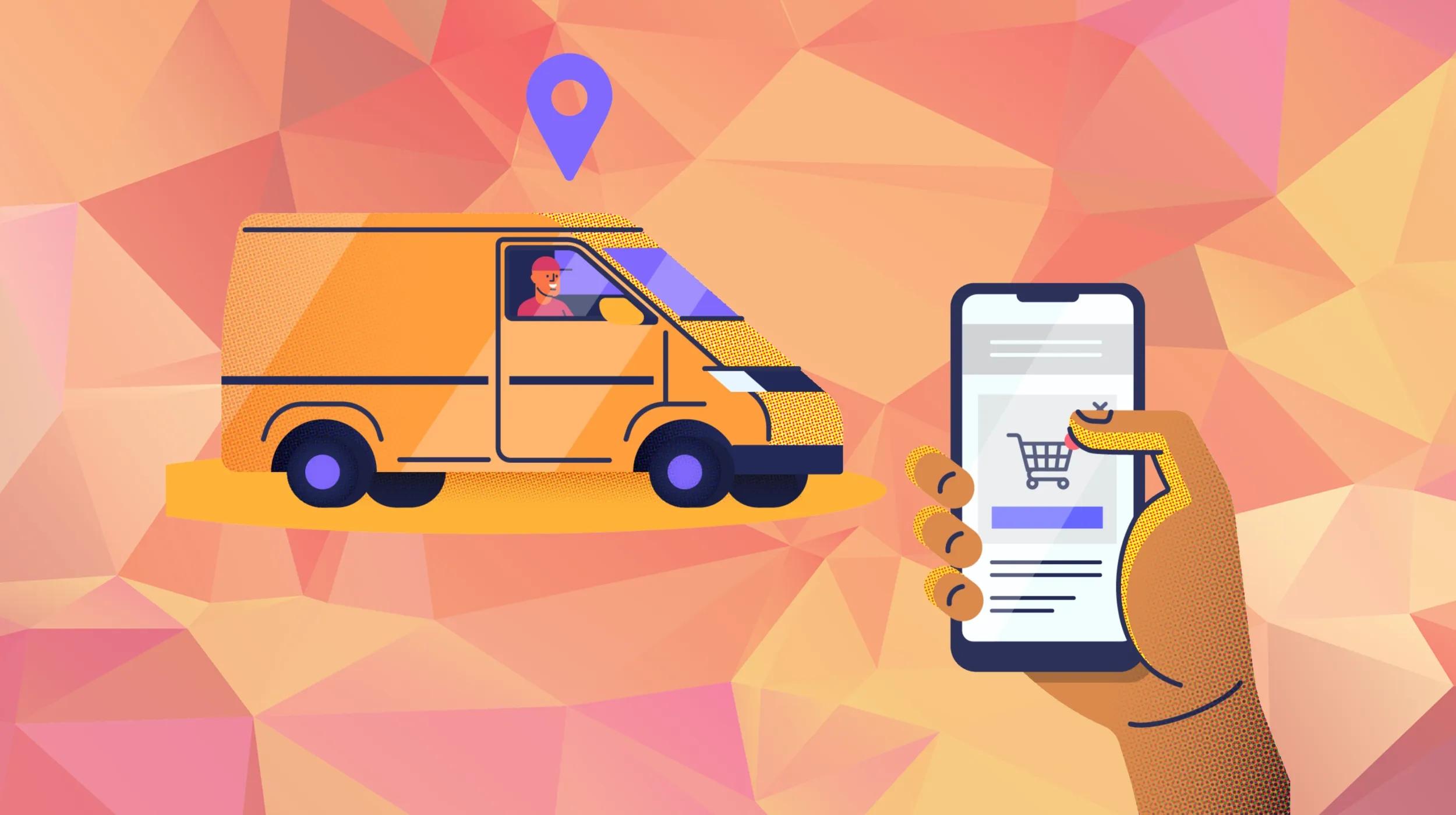Ah, Black Friday, the day when shoppers throw caution to the wind and dive headfirst into a retail frenzy. It's like the Super Bowl of shopping, with consumers displaying behaviors that could rival a competitive sports event. Makes you wonder about the psychology of Black Friday.
But beneath the chaos and excitement lies a fascinating world of consumer psychology. In this article, we will peel back the layers of this retail onion, exploring the intricate dance between ecommerce platforms and consumers on the most wallet-stressful day of the year.
The anticipation & excitement
Picture this: You wake up on the morning of Black Friday with the same level of excitement as a kid on Christmas morning. You're ready to snag deals like a professional deal-snagger. But how did you get here? It's all about the anticipation element of the psychology of Black Friday.
The build-up to Black Friday is akin to waiting for a new season of your favorite T.V. show.
You mark your calendar, set alarms, and make endless lists of things you probably don't need but are convinced you can't live without. In their infinite wisdom, retailers feed this anticipation like a master chef in a Michelin-star restaurant.
They drop teaser ads, sneak peeks, and cryptic social media posts. You start to think they've hired clairvoyants because how else would they know what you want? Your anticipation becomes their currency, and they're masters at exploiting it.
The fear of missing out (F.O.M.O.)
FOMO isn't just an acronym; it's a shopping philosophy. Fear of missing out is a phenomenon where you're convinced that everyone on the planet is getting an incredible deal except you. Retailers are geniuses at leveraging this anxiety.
“Fear of missing out (FOMO) is real. Nearly 60 percent of consumers make purchases because of FOMO, mostly within 24 hours.”— Pawel Lawrowski, Wisepops
Limited-time offers and exclusive deals are the ammunition in their FOMO arsenal. They know that if you think you'll miss out on that 50% off T.V., you'll brave the stampedes and elbows to get it. It's like they've tapped into your personal fears and turned them into a shopping superpower.
Understanding FOMO: The consumer's perspective
In the realm of ecommerce, FOMO is a driving force that compels consumers to make purchasing decisions quickly and impulsively. This psychology behind Black Friday is rooted in the fear of being left behind, missing out on an exciting deal, or not owning a product before it runs out of stock.

Consumers experience a rush of anxiety, excitement, and urgency when faced with limited-time offers, flash sales, or exclusive deals. The ticking clock or the diminishing stock counter amplifies the fear of losing out, triggering a strong desire to buy before it's too late.
Leveraging FOMO: Strategies for ecommerce store owners
Limited-time offers & countdowns:
Utilize countdown timers strategically to emphasize urgency. Highlight the limited nature of the offer and the ticking clock to nudge consumers into taking action. For instance, "Hurry! Only 2 hours left for this exclusive deal!"
Flash sales & limited stock alerts:
Implement flash sales with genuinely attractive discounts and showcase limited stock alerts. Combine this with a compelling copy that conveys scarcity to intensify the fear of missing out. Phrases like "Almost Gone!" or "Limited Stock, Act Now!" work effectively.
Customer testimonials & reviews:
Showcase positive customer testimonials and reviews that affirm the value and popularity of the product. Social proof is a potent tool for triggering FOMO. When consumers see others praising a product, they fear missing out on a great experience.
Personalized recommendations:
Utilize consumer data and browsing behavior to recommend products with tags like "Trending Now" or "Hot Pick." By implying that certain products are highly sought after by others, you trigger FOMO and entice the consumer to join the trend.
Exclusive VIP access:
Offer exclusive deals or early access to a select group of customers, creating a sense of exclusivity and privilege. This fosters a feeling of being part of an elite group, motivating swift purchase decisions.
Real-time purchase pop-ups:
Display real-time notifications of purchases made by other consumers. Phrases like "John from California just bought this!" create a fear of missing out on a popular item, driving immediate action.
Understanding the psychology of FOMO and integrating it into your ecommerce strategies can significantly boost engagement and drive sales. By employing these strategies, ecommerce store owners can harness the power of FOMO and create a sense of urgency that resonates with consumers, compelling them to act swiftly and decisively.
Not sure where to start in getting your ecommerce store ready? Hire a vetted expert who can get your store up and running just in time for the holiday shopping season!
Social proof & peer influence
Have you ever noticed how you're more likely to buy something if your best friend raves about it? That's social proof in action. During Black Friday, this psychological phenomenon is cranked up to eleven.
Retailers display customer reviews like they're Picasso paintings: "Jane from Tulsa gave this toaster five stars – it's practically a masterpiece!" They want you to see that others have already dived into the shopping abyss and emerged victorious.
Then there's the influence of your peers. Susan from the office can't stop talking about her haul from last year's Black Friday. She's like a shopping Jedi, and you're Padawan, who's been waiting all year for this moment. Peer pressure? More like peer inspiration!
The power of discounts & bargains
Discounts are like catnip for shoppers. The allure of saving money is so strong that you're willing to buy things you didn't even know you wanted until they were 30% off.
You feel like a financial genius, even though you're not entirely sure why you needed a neon pink flamingo pool float in November.
It's this peculiar magic of discounts that drives consumer behavior during sales seasons like Black Friday. Retailers deftly capitalize on this allure, using various strategies to enhance the perceived value of their offerings.
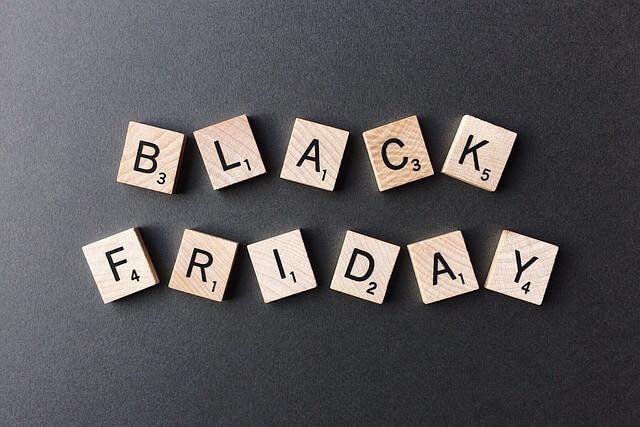
Retailers know this – and they play the discount game like pros. They show you the "before" price with a big red line through it, and suddenly, you're convinced that this blender is the key to a happier, more blended life.
This strategy is called price anchoring. The discounted price appears significantly more appealing by displaying a higher original price (which may or may not have been the actual price the product was sold at).
“Price anchoring in ecommerce isn't just about numbers, it's about psychology. It's the art of guiding customer perceptions and decisions. By understanding the subtle cues of pricing, businesses can wield a powerful tool to shape buyer behavior and boost sales effectively.”— LinkedIn
For ecommerce store owners gearing up for Black Friday and Cyber Monday discounting, leveraging the right tools can make all the difference. First on the list are "Discount Management Platforms" like WooCommerce Discount Rules.
This platform allows you to seamlessly set up and manage discounts across your product range, from simple percentage discounts to complex buy-one-get-one-free deals, empowering you to entice customers effectively.
Furthermore, "Email Marketing and Automation Tools" such as GoDaddy's Digital Marketing or Klaviyo are invaluable during this season. They enable you to segment your customer base, tailor personalized promotional emails, and schedule them for optimal delivery times.
With automation, you can trigger emails for abandoned carts or follow-ups after purchases, ensuring no opportunity for engagement or conversion is missed.
Psychological tricks employed by ecommerce platforms
Ecommerce platforms have a bag of psychological tricks that would make Houdini envious. One of their favorite tricks? Loss aversion.
Loss aversion is when you're more afraid of losing something than you are excited about gaining something of equal value. Retailers know that if they dangle the prospect of losing out on a deal, you'll whip out your credit card faster than a magician pulling a rabbit out of a hat.
They'll throw in countdown timers, limited stock alerts, and urgent-sounding messages like, "Hurry, only 3 left!" You'd think you were in a bidding war for the last parachute on a crashing plane.
"Urging consumers to act quickly is an excellent way to boost Black Friday sales. One Entrepreneur Marcus Taylor said building a sense of urgency helped him to increase sales by 332%.”— Erica Santiago, HubSpot (2022)
Social Proof and Notification Tools like Fomo or ProveSource can significantly boost your sales. These tools display real-time notifications of recent purchases or product views on your website, creating a sense of trust and urgency for potential buyers.
Seeing others taking advantage of your Black Friday or Cyber Monday deals can be a powerful motivator for hesitant shoppers, driving them to make a purchase.
Emotional triggers & impulse buying
Emotions play a colossal role in the psychology of Black Friday shopping. It's not merely about snagging a deal; it's about the adrenaline-fueled thrill of the hunt, the rush of victory as you triumph over the limited-stock chaos, and the temporary escape from the existential dread that the approaching holiday season often brings.
Retailers have tapped into this psychological realm with expertise, understanding that emotions are the key to unlocking impulsive buying behaviors during this highly anticipated annual event.
Retailers artfully wield emotional triggers to hit consumers' impulse-buying buttons precisely. Heartwarming commercials featuring families joyfully coming together over new purchases can subconsciously make you ponder, "Maybe I do need a second gravy boat."
These advertisements evoke a sense of belonging, joy, and anticipation, tying these emotions to their products. Whether it's a sense of nostalgia, the longing for a perfect holiday gathering, or the aspiration for a stress-free celebration, these emotions become the glue that binds consumers to the irresistible allure of Black Friday deals.
Retailers recognize that appealing to these emotions will not only drive purchases but also create a memorable shopping experience that consumers will eagerly return to year after year.
Consumer behavior research & studies
Believe it or not, the madness of Black Friday shopping isn't just random chaos – there's a science behind it. Researchers have been delving into the intricate world of Black Friday behavior for years, and their findings offer both enlightening insights and a touch of alarm.
According to "An Analysis of Consumer Behavior on Black Friday" by researchers at Eastern Illinois University, consumers tend to meticulously plan their Black Friday shopping strategy, often dedicating more time to this than planning their vacations.
This suggests that the event is not a haphazard shopping spree but a strategically thought-out endeavor for many. You can explore this study for a deeper understanding of Black Friday shopping tactics and consumer planning.
Moreover, the study "Black Friday: Attitudes, Behavior and Intentions of Greek Consumers" sheds light on the aggressive behavior witnessed during Black Friday. This study emphasizes that individuals are more prone to engage in aggressive behavior when they perceive that someone is attempting to grab their desired product.
The competitive atmosphere of Black Friday sales, intensified by the limited-time offers and scarce products, often escalates this aggressive behavior. The study provides valuable insights into the psychological and behavioral aspects of consumers during Black Friday, offering a comprehensive view of the factors influencing their actions.
So, if you've ever seen two people dueling over a discounted toaster, now you know – science predicted it. The dynamics of Black Friday are deeply ingrained in our psychology, and researchers continue to unravel the intricacies of these behaviors to provide a more comprehensive understanding of what drives consumers during this annual shopping extravaganza.
These studies emphasize that Black Friday is not just a shopping event; it's a complex interplay of human psychology, economics, and societal influences that contribute to the exhilarating and sometimes chaotic experience.
Ethical considerations in the psychology of Black Friday
But wait, are retailers going too far with their mind games? Some argue that manipulating consumer psychology on such a grand scale is ethically questionable. Black Friday has transformed into a psychological battlefield where retailers employ various strategies to influence buying behavior.
However, there's a growing concern about the ethical implications of these tactics.
There's a fine line between persuasive marketing and outright manipulation, and as consumers become more aware of these tactics, questions about ethics come to the forefront. Should retailers be more responsible in their approach to Black Friday sales?
It's a debate that's gaining momentum. On one hand, retailers argue that they are simply utilizing proven marketing techniques to boost sales during a highly competitive time. On the other hand, critics argue that exploiting psychological vulnerabilities, such as FOMO and impulse buying, is unethical and can have detrimental effects on consumers, both financially and emotionally.
"Behavioral psychology is a powerful tool that marketers use to influence consumer behavior. By understanding how people think and behave, we, as marketers, can create campaigns that are more effective at persuading consumers to make a purchase. However, the use of behavioral psychology in marketing raises ethical concerns that must be addressed."— D’Rene Tesner, Linkedin (2023)
Ecommerce store owners can adopt a more responsible approach by being transparent and clear in their marketing communication. Providing accurate information about the discounts, stock availability, and the sale duration can help set clear customer expectations.
Additionally, being mindful of the language used in marketing materials and avoiding hyperbolic statements that may mislead consumers can contribute to a more ethical approach. It's essential to prioritize long-term customer satisfaction and relationships over short-term gains, ensuring that customers feel valued and respected throughout the shopping experience.
Balancing the need for sales with ethical considerations is crucial to maintaining trust and credibility in the long run.
Moreover, ecommerce store owners can implement features like "Real-Time Inventory Trackers," which can provide accurate information to customers about stock availability, reducing frustration and disappointment associated with out-of-stock items.
Additionally, "Price Comparison Widgets" – similar to what you would find on a travel booking website – can help customers assess the actual value of a discount, enabling them to make informed decisions rather than feeling coerced into impulsive purchases.
Closing thoughts on the psychology of Black Friday
In the end, Black Friday is a fascinating playground for the study of consumer behavior and psychology. It's a day where anticipation, FOMO, social proof, discounts, and emotional triggers collide in a retail supernova, all before the major holidays.
Understanding the psychology that drives consumer behavior is paramount for ecommerce store owners in the whirlwind of this phenomenon.
As an ecommerce store owner, the responsibility lies not only in maximizing sales but also in ensuring an ethical and transparent approach. Acknowledging the fine line between persuasive marketing and manipulation, adopting tools and strategies that prioritize honesty and customer satisfaction is essential.
Utilizing real-time inventory trackers, transparent pricing, and customer reviews not only enhances trust but also empowers consumers to make informed choices.
So, as you navigate the Black Friday battlefield, remember that behind the scenes, there's a team of psychologists and marketing gurus working tirelessly to make sure you have the shopping experience of a lifetime.
Whether you emerge victorious or vow never to participate again, just know that you've experienced the wild world of consumer psychology at its finest – and funniest.
